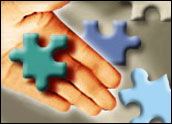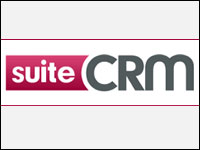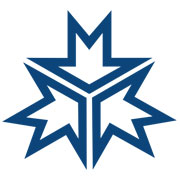
As SugarCRM moves forward, fueled by its recent infusion of US$40 million by Goldman Sachs to invest in sales and marketing, it plans to focus on “the nontraditional use of CRM,” said VP of Marketing Jennifer Stagnaro.
“That is, we plan to go beyond the traditional uses of sales force automation and customer service and marketing automation,” she told CRM Buyer.
The nontraditional use of CRM is one of the fastest-growing aspects of the sector, Stagnaro noted.
Nontraditional CRM is any technology that enables customer-facing employees to service the customer, Stagnaro said, and it requires a broad reach, considering the many different channels that customers use these days.
“Ultimately, the goal is to make sure that every employee — from the receptionist to the CEO — knows what is going on with a particular customer, no matter what channel they use,” she explained.
If a company doesn’t have this knowledge, the consequences can be grim, according to Stagnaro. “Customers don’t hesitate to write nasty reviews about products or service providers that have displeased them.”
Building on Last Year’s Rearchitecture
SugarCRM will be building on Sugar UX, the rearchitecture of the product suite it unveiled last November.
It sports a streamlined, rebuilt user interface equipped with visual forecasting, enhanced data quality, advanced contextual intelligence and better collaborative functionality. SugarCRM beefed up the user interface with activity streams that provide information about accounts, contacts, leads, opportunities, system notifications, team updates, third-party data and rich media.
UX is a very powerful tool from the user perspective, Stagnaro said, in that it gives each individual a wide view of the customer.
“It isn’t just about reporting, which is important at the executive level,” she noted. “It also simplifies the user experience, even as it provides such a wealth of information.”
For example, a sales rep can log onto UX and see what is happening to a customer throughout the organization — and not just his or her tiny piece of the process. Dashlets can integrate information from the ERP system, making this customer view even more powerful, Stagnaro added.
Integrations, Partnerships
During its next phase of product development, SugarCRM will focus on more such integrations out of the box, Stagnaro continued. “We plan to make it simpler to take advantage of other integrations with CRM.”
The company also is working on partnerships to deepen the out of the box integration.
One hypothetical example is a SugarCRM system integrated with a third-party data provider like Zillow, Stagnaro suggested. A sales person servicing residential insurance buyers might use that integration to notify customers when the value of their homes increased, possibly warranting an update of their insurance policies.
“That is where we see one focus for us — increasing third-party data integration to help a sales person,” she said.
Limitless CRM
Takeup of CRM technologies will exponentially increase as nontraditional CRM begins to fill more needs, Stagnaro said.
“The CRM industry is about 20 years old and has about 20 million users,” she noted, “which seems like a lot until you think about it in the context of LinkedIn, which is a newer platform but has similar functionality of keeping track of people in a network.”
LinkedIn has 200 million users, Stagnaro pointed out. “We call it the case of the missing zero — we believe there are millions more users out there that want to keep track of their customers and prospects but still don’t have the tools to do so.”























































